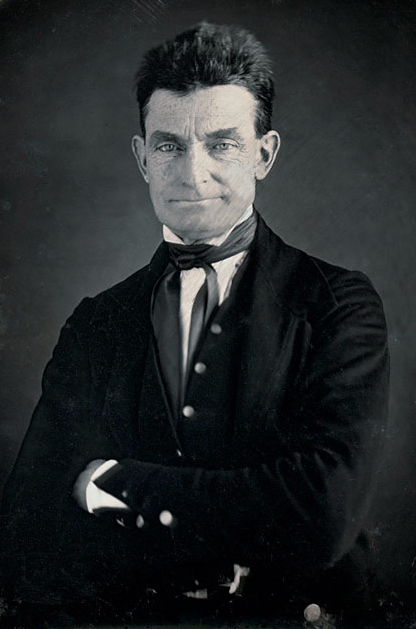This document created a weak federal government with no military and no ability to tax.
A program that the federal government forces a state to fund by itself
What is an unfunded mandate?
The system in which presidents are elected by electors and not directly by the people
What is the Electoral College?
The document that contains this text: We hold these truths to be self-evident, that all men are created equal, that they are endowed by their Creator with certain unalienable Rights, that among these are Life, Liberty and the pursuit of Happiness.
What is the Declaration of Independence?
This is the number of years that Mr. Lowenstein has been teaching at Murrow (including this year)
What is 2?
This document argues:
1. All men are created equal and born with natural rights
2. the government's right to rule comes from the people (Popular Sovereignty)
3. So when the government is infringing on those rights, the people have the right to rebel
What is The Declaration of Independence
This is the difference between block grants and categorical grants
Categorical grants are controlled by the federal government and for a specific purpose
Block grants are controlled by the states and provide broader funding
This clause of the Constitution states that the Constitution and the federal government have more power than the states
What is the Supremacy Clause
Rights that everyone is born with
What are natural rights?
Put these presidents in order of Mr. Lowenstein's favorite to least favorite (no negative points) -
Lyndon B. Johnson
Abraham Lincoln
John F. Kennedy
Franklin Delano Roosevelt
JFK
Lincoln
FDR
LBJ
This is the way factions can actually be eliminated according to Federalist 10
What is:
- They can't be
OR
By allowing no freedom/liberty
This is the difference between dual federalism and cooperative federalism
What is:
Cooperative: overlapping relationship between federal and state governments.
Dual: clear distinction between federal and state responsibilities.
This part of the Constitution states that any powers that are not specifically given to the federal government, nor withheld from the states, are reserved to the states, or to the people at large.
What is the 10th Amendment?
The idea that government is based on an unspoken agreement between the people and the government to protect their rights
Social Contract Theory
Mr. Lowenstein's favorite person in US history 
Who is John Brown?
The reason Hamilton wrote in favor of a large republic in Federalist 10
What is: it can control factions because there is a wider variety of interests
This Supreme Court Case expanded the powers of Congress by defining the necessary and Proper Clause more broadly.
What is McCulloch v. Maryland (1819)
A power that the federal government has that is specifically listed in the Constitution
What are enumerated powers?
the principle that the authority of the government is created and sustained by the consent of its people, through their elected representatives
What is popular sovereignty
Mr. Lowenstein's favorite condiment for fries
What is mayo
The reason Brutus 1 was opposed to a large republic
What is: Too many people and few representatives means the representatives won't speak for the people
If you have enough representatives to do so government will become inefficient
This Supreme Court Case determined the Gun Free School Zones Act to be an unconstitutional stretch of the commerce clause.
What is United States v. Lopez?
powers that are not specifically granted to the federal government by the Constitution, nor prohibited to the states, thus allowing them to be exercised by state governments.
What are reserved powers?
The three types of democracy we learned about and a short description of what they are
What are:
Elite - Elected reps make decisions for people who elected them, inequality in power
Participatory - Direct participation of many people
Pluralist - nongovernmental groups called interest groups try to exert power in the government
This is the college that Mr. Lowenstein attended for his Master's Degree in Social Studies Education
What is Teachers College?
Half credit: What is Columbia University?